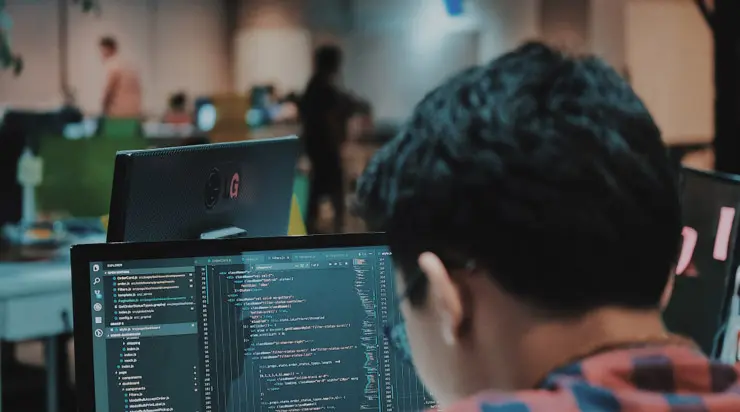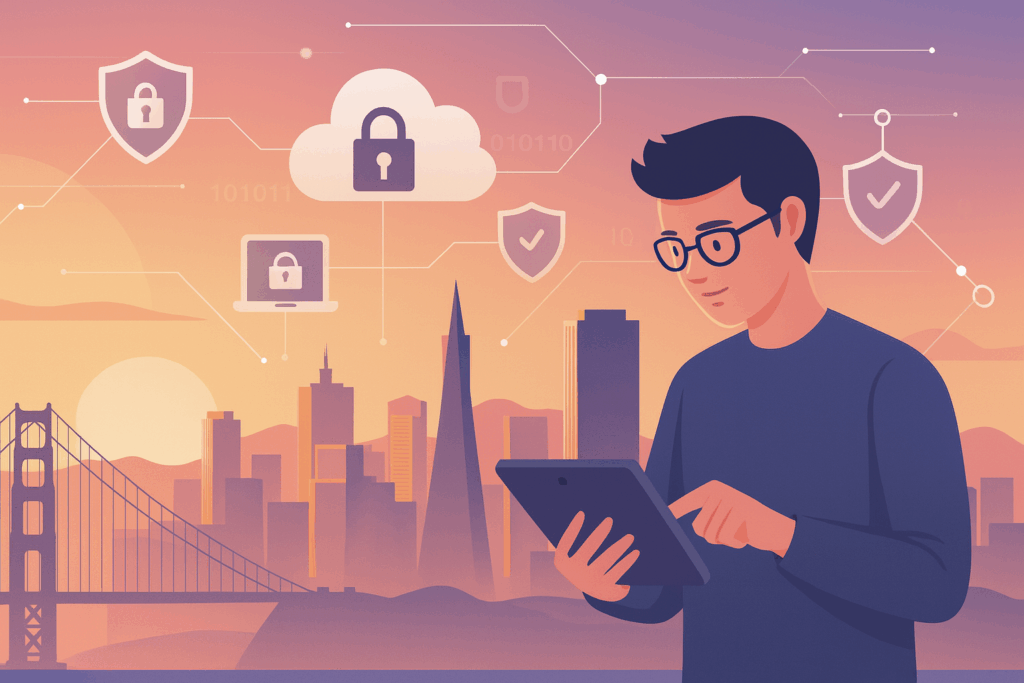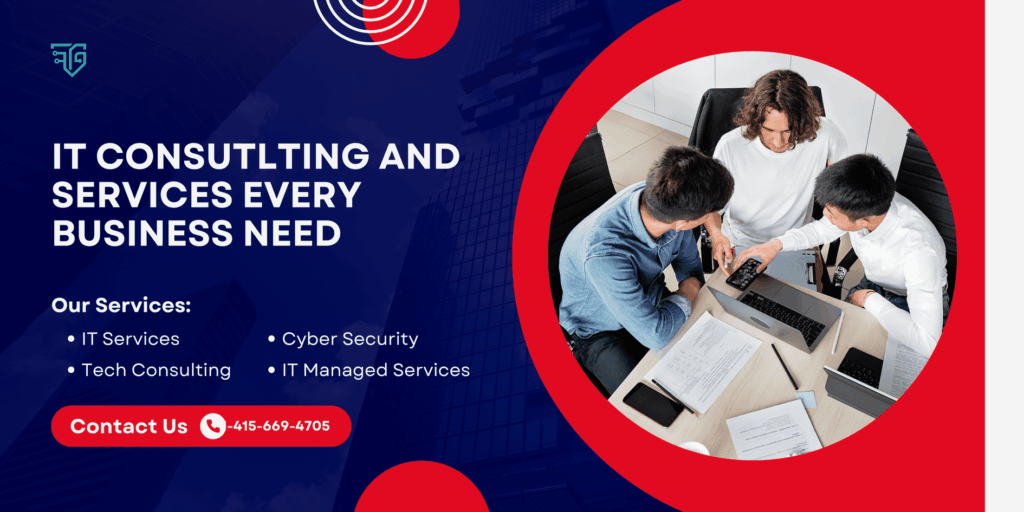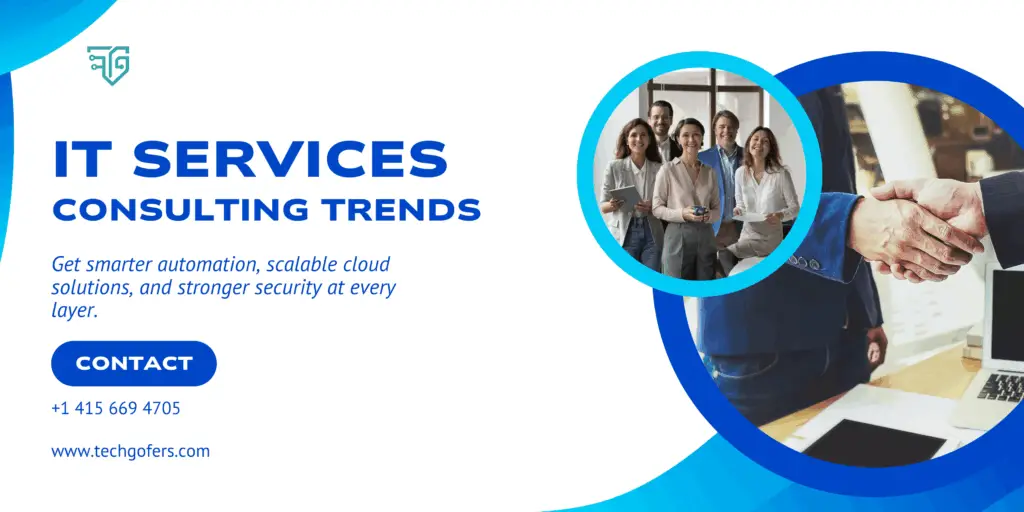When a senior MGM IT administrator answered the phone on September 11, 2023, they had no idea that simple call would trigger a chain of events leading to a $100 million disaster.
The voice on the other end sounded professional, even routine – just another employee needing a password reset. Within hours, MGM’s digital empire would come crashing down, leaving thousands of hotel guests locked out of their rooms and the entertainment giant scrambling to restore basic operations.
The aftermath reveals a sobering truth about modern cybersecurity: sometimes the most devastating attacks don’t come from sophisticated code or zero-day exploits, but from exploiting the most basic human trust.

Understanding What Really Happened
The attack’s timeline reads like a thriller, but with implications that should concern every business leader. At approximately 3:00 AM on September 11, members of the ALPHV/BlackCat ransomware group initiated their attack. By dawn, MGM’s systems were in chaos.
Digital room keys stopped working. Restaurant point-of-sale systems went dark. Even the iconic slot machines fell silent.
But how did we get here?
The attackers used a technique called social engineering – specifically, a phone call to MGM’s IT help desk. Through careful research and persuasive conversation, they convinced the help desk to reset an employee’s password. This single point of access was all they needed to begin their devastating attack.
The Price of Trust
The financial impact was immediate and severe:
- Direct losses estimated at $100 million
- Hotel operations disrupted across Las Vegas
- Gaming floor revenues severely impacted
- Stock price dropped over 5%
- Customer data potentially compromised
But focusing solely on the numbers misses the deeper story. The real damage lies in the erosion of trust and the exposure of systemic vulnerabilities in how modern businesses approach security.
The Human Element: Our Greatest Strength and Weakness
What makes this attack particularly noteworthy is its simplicity. The attackers didn’t need sophisticated malware or advanced hacking tools. They exploited something far more fundamental: human nature.
Security experts have long warned about the dangers of social engineering, but the MGM attack provides a masterclass in why these warnings often go unheeded. Companies invest millions in technical defenses while underestimating the importance of human-focused security measures.
Consider this: MGM had invested heavily in cybersecurity infrastructure. They had firewalls, intrusion detection systems, and encrypted communications. Yet all it took was one convincing phone call to bypass these expensive defenses.
Learning from MGM's Experience
The attack highlights several critical lessons for businesses of all sizes:
The Illusion of Technical Solutions Many organizations fall into the trap of thinking cybersecurity is primarily a technical problem. MGM’s experience shows us that technical solutions, while necessary, are insufficient without equally robust human-focused security practices.
The Importance of Verification Protocols Strong authentication procedures aren’t just bureaucratic red tape – they’re essential safeguards. When someone requests access to critical systems, having multilayered verification protocols isn’t being paranoid; it’s being prudent.
The Need for Regular Training
Security awareness can’t be a one-and-done training session. It requires ongoing education and regular testing through simulated attacks. Employees need to understand not just the “what” of security protocols, but the “why.”
Building a More Resilient Future
Moving forward, organizations need to rethink their approach to security. Here’s how:
Develop a Culture of Healthy Skepticism Employees should feel empowered to question unusual requests, even when they seem to come from authority figures. This isn’t about creating paranoia, but about fostering a culture where verification is the norm.
Implement Strong Access Controls Multi-factor authentication should be mandatory for all critical systems. But remember – SMS-based verification isn’t enough anymore. Consider using authenticator apps or hardware keys.
Regular Security Audits and Testing Don’t wait for an attack to test your defenses. Regular penetration testing, including social engineering attempts, can help identify vulnerabilities before they’re exploited.
Practice Incident Response Having an incident response plan isn’t enough – it needs to be regularly tested and updated. Include scenarios for complete system shutdowns and practice offline operations.
The Road Ahead
The MGM attack serves as a watershed moment in cybersecurity. It demonstrates that even companies with sophisticated technical defenses remain vulnerable to attacks that target human psychology.
For business leaders, the message is clear: cybersecurity isn’t just an IT department problem – it’s a fundamental business risk that requires a holistic approach encompassing technology, people, and processes.
The Next Steps
As we move forward, organizations need to:
- Reassess their security training programs
- Review and strengthen access control policies
- Develop and regularly test incident response plans
- Create cultures that value security at all levels
A Final Thought
Perhaps the most important lesson from the MGM attack is this: in our rush to deploy sophisticated technical defenses, we sometimes forget that our greatest vulnerability – and our greatest strength – is human. By acknowledging and preparing for this reality, we can build more resilient organizations capable of facing tomorrow’s threats.
The question isn’t whether your organization will face a cyberattack, but whether you’ll be prepared when it comes. The time to start preparing is now.





Your article helped me a lot, is there any more related content? Thanks! https://www.binance.info/en-IN/register?ref=UM6SMJM3